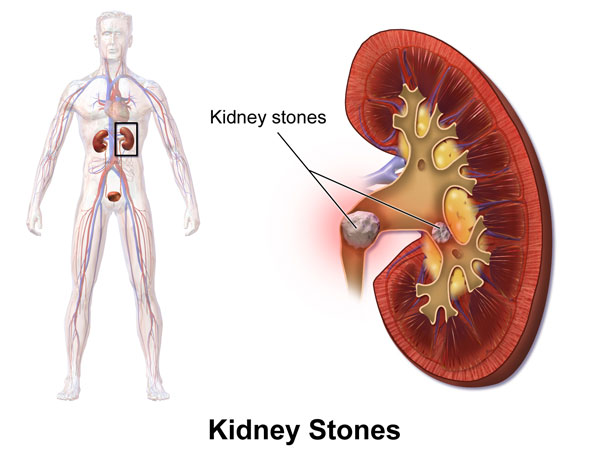All medicines, including those available without a prescription, can still have annoying or harmful side effects. Here are a few of the more common ones.
1. Codeine and constipation
While there are now restrictions on the sale of codeine, it’s still a very common active ingredient in over-the-counter medicines . Constipation is a very common side effect of codeine.
The constipation is due to its effect on the gastrointestinal tract. It increases the tone and reduces the motility in many parts of the gastrointestinal tract. Since this reduces gastric emptying, reduces the rate of movement of food in the gastrointestinal tract, and produces smaller harder stools, defecation can become more difficult or less frequent than usual. Sometimes codeine constipation can become quite severe.
2. Topical corticosteroids and skin reactions
While topical steroids can greatly reduce inflammation and itching, they can also have significant side effects on the skin. While most of these side effects are seen with long-term use, some may pop up in just a few days of use. Side effects include:
- Steroid rosacea: this can be a fairly common side effect, especially for people who are prone to rosacea (inflammatory skin condition often resulting in redness of the face).
- Skin atrophy: repeated use of topical steroids can cause thinning of the epidermis and the skin appears lax, wrinkled, and shiny.
- Allergy: It’s believed about 5% of people with dermatitis will show allergic symptoms to topical steroids. Those who have chronic skin conditions and use multiple prescription or over-the-counter topical steroids are at higher risk of developing allergies.
3. Ibuprofen and worsening of asthma
According to some reports about 20% of adults with asthma – and 5% of asthmatic children – have what is called aspirin-induced asthma. In extreme cases, such attacks have been reported to be fatal.
Some asthmatics develop potentially severe asthma symptoms if they take aspirin or non-steroidal anti-inflammatory drugs (NSAIDs) such as ibuprofen. As a rule of thumb, asthmatics are advised to use paracetamol. If ibuprofen is taken, asthmatics should be aware of any effect it has, and, if they feel any worsening of asthma symptoms steer clear of using it.
4.Antihistamines and drowsiness
Antihistamines are commonly used to treat allergies, rashes and motion sickness. But with many people, particularly kids and the elderly, there will be some affect on the central nervous system as well – usually in the form of drowsiness.
Children taking antihistamines may seem sleepier and more fatigued than usual. But they can have the opposite effect and make the child agitated or hyperactive until the medicine’s effect has worn off.
5. Nasal drops and rebound nasal congestion
The active ingredients in some nasal sprays – like oxymetazoline – may reduce nasal congestion almost immediately but there’s a catch. You should not use this medicine continuously for longer than seven days because the medicine can become less effective if used excessively. Nasal congestion can come back – an effect called “rebound congestion” – when you stop using the medicine after using it for too long, many times resulting in addiction of these drops.







